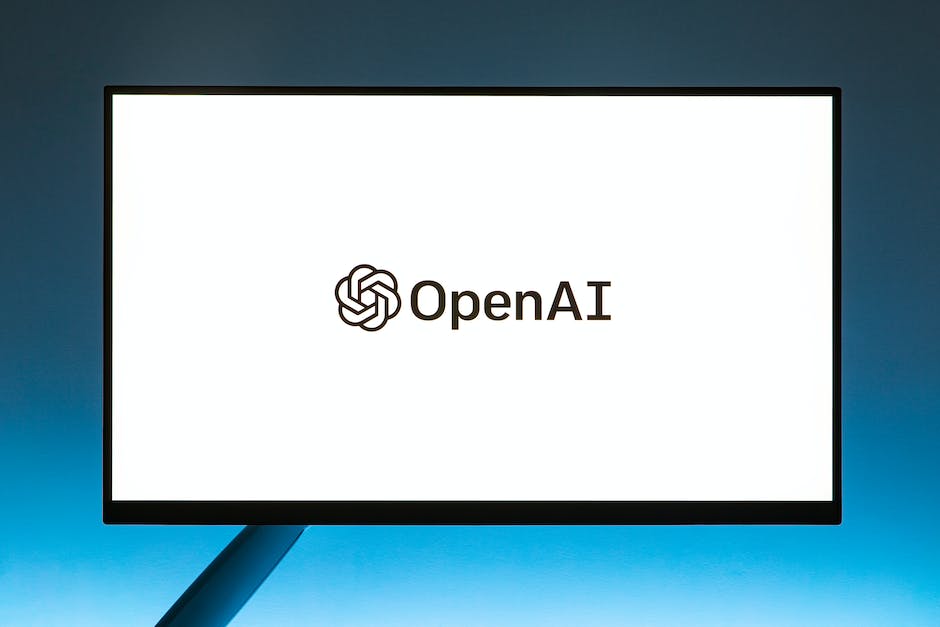In the fast-paced world of tech progress, we’re seeing a big shift in how we use the vast info on the internet. The rise of AI chatbots is a major change in how we find info, starting a revolution that could change search engines as we know them. These virtual helpers, powered by the latest in generative AI, are quickly changing the online landscape, providing new and interactive ways to explore web content.
Big players like Google and Microsoft are leading this movement by adding AI to their search tools. Recent updates, like Google’s “Search Generative Experience” and Microsoft’s new Bing features, show this change. These AI chatbots aren’t just simple tools; they’re complex partners that offer a smooth and interactive search process. They aim to turn regular searching into a lively chat, making for a deeper dive into the online world.
AI chatbots are great at turning complex info into a story that’s clear and interesting. Sites like Phind.com boost the search experience by making it more natural and focused on the user. By turning data into a story, these assistants not only make searching easier but also make learning more fun and relatable. The way users interact with info becomes not just a search, but a story, which is more fitting for the digital era.
Despite AI chatbots’ progress, they’ve faced criticism. Questions about their accuracy and trustworthiness have come up, with some doubting this new tech. While these chatbots are good at conversational questions and using natural language, the truth of their answers is being questioned. Issues with wrong answers and spreading false info have led to debates on how reliable these assistants are. These concerns point to the need for more checks on AI chatbots’ accuracy.
Calls for openness about how AI chatbots make decisions are growing louder in the tech world. As some platforms keep their methods secret, people want more transparency about the algorithms and systems behind these assistants. This push isn’t just about details; it’s crucial for building trust and keeping the AI chatbot field accountable.
AI chatbots are also gaining attention because of problems with traditional search engines, which are struggling with lower-quality results filled with ads and spam. A study from Germany highlighted these issues, leading users to prefer the more precise info from AI chatbots.
The AI search market is expanding with new startups like Perplexity, HuggingChat, and You.com. These new options offer different features and are designed for various searching needs. Using generative AI and big language models, these platforms search the web to give users not just broad results, but also deeper insights.
A big moment for AI chatbots is the release of Google’s Bard, soon followed by Gemini. Now in the US and planning to go global, Gemini marks Google’s strategic step into the AI chatbot area, promising a fresh way to engage with search results.
As AI chatbots become more common, users should be careful and critical. By trying different platforms and comparing their results, users can get more accurate info. With both free and paid options, users can pick the service that fits their search needs best.
The growth of AI chatbots shows the strong impact of generative AI on how we search online. These tools are reshaping not just how we access info, but the whole search experience. Even with concerns about accuracy and openness, the potential of AI chatbots to improve searching is huge. As this new era unfolds, it’s clear that AI chatbots are an important step in the ongoing change of search engines, set to redefine our interaction with the digital realm.











